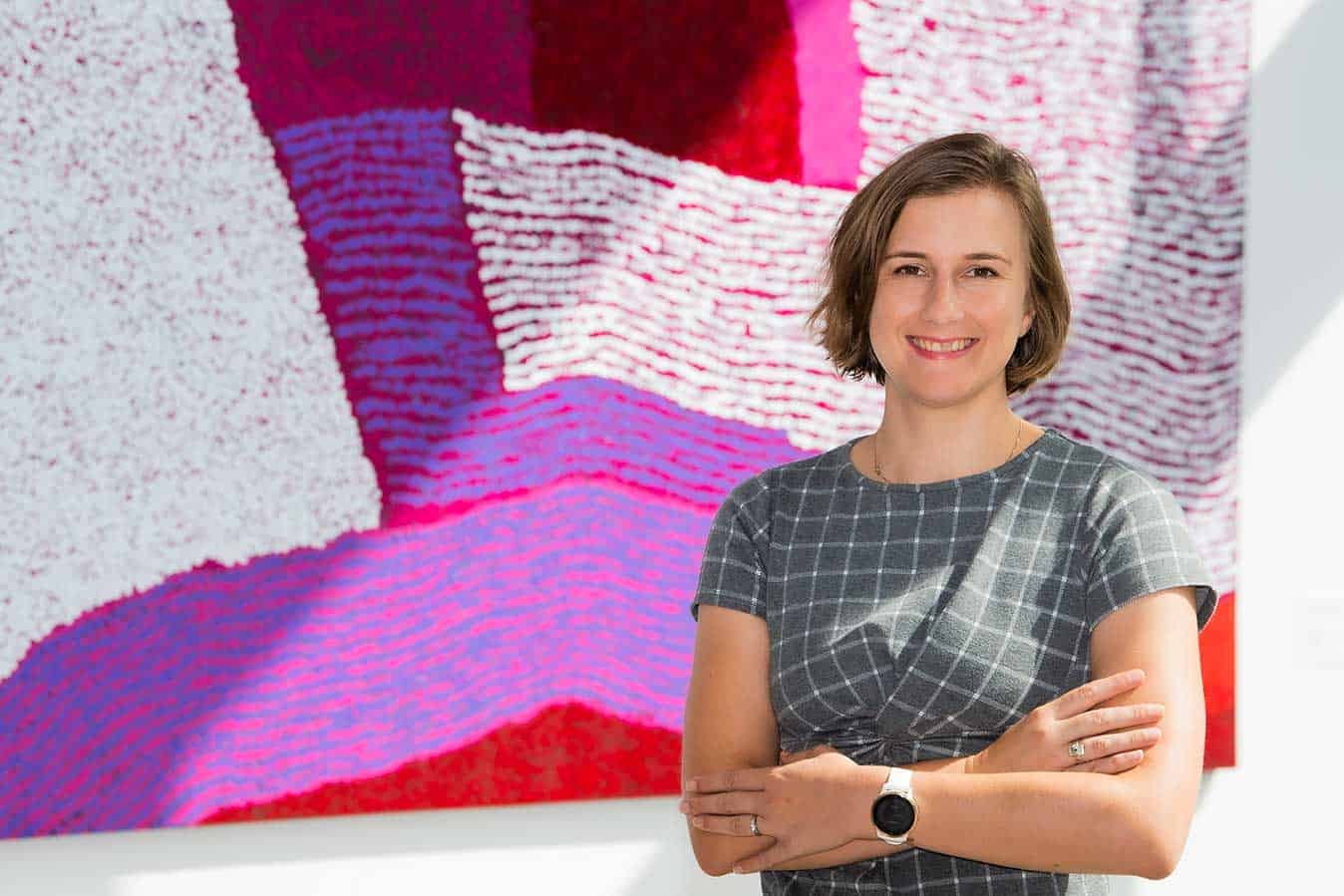From the moment the COVID-19 pandemic emerged across the globe, nurses were thrust into the spotlight and began being described as “frontline heroes” and “angels” in the media and across the community.
While well intentioned, the use of the angel/hero narrative didn’t always project the most positive, or accurate, images of nurses and the nursing profession.
A recent study interviewed critical care nurses from Australia, the UK, and North America about the impacts of the angel/hero label on their clinical practice, safe working environments and professional development during the COVID-19 pandemic. It found critical care nurses considered the ‘hero’ and ‘angel’ tags damaging to workplace conditions, pay and professional expectations, with the narratives perpetuating stereotypes of nurses being self-sacrificing and ‘superhuman’.
Conducted during October to December 2021, the study was led by registered nurse Dr Jessica Stokes-Parish, an Assistant Professor from Bond University on the Gold Coast.

“This was a very personal topic for me – I felt uncomfortable with the way nurses were being portrayed in the media, and wondered if other nurses felt the same way,” Dr Stokes-Parish explains.
The study confirmed the suspicions, revealing four key themes – history repeating, gender stereotypes, political pawns, and forgotten heroes.
Participants rejected the ‘hero’ and ‘angel’ labels, expressing discomfort with the purity associated with being an angel, with many saying they felt they were viewed as passive and submissive by being described as angels when, in reality, the challenges of critical care demand intelligence, critical thinking, and problem solving skills.
“We are a profession…able to stand up for ourselves…not just fall back into this handmaiden, angel, hero, you know, that kind of from Florence Nightingale time,” one participant said.
“My concern is that policymakers will assume that no matter what comes along, we will just step up to that… without any reward, without any recognition,” another participant revealed.
Critical care nurses who took part in the study also reported that the angel label contributed to gender stereotypes such as the “caregiver, mother, surrogate, make everything better”, while others interpreted their portrayal in the media as a contributor to a form of sexism, portraying nurses in Halloween costumes as a “sexy nurse kind of thing”.
Dr Stokes-Parish says some nurses also felt like “political pawns”, describing a sense of dismissal and betrayal from employers and politicians, and “forgotten heroes” as they suited up with PPE in the uncertainty of the early days of the COVID-19 pandemic.
“It’s just kind of this Hollywood patriarchal fantasy that, that everyone just goes oh yeah, yeah, they’re heroes, they’re angels…we’ve got this awful pandemic but someone’s there to help us,” one respondent said.
Conversely, many critical care nurses quickly felt the respect dwindle to such a point that they were villainised and abused by families they cared for, the study found.
“These themes reflect the continued feeling that what the public thinks nurses do still aligns with the Mother Teresa/Florence nightingale era, which is a very gendered view of nursing,” Dr Stokes-Parish says.
“What this means is that people perceive nursing to be “caring” or focused on domestic tasks. And while these are, indeed, key parts of what we do – they are a skill, not an innate ability.
“As time wore on, our participants felt that there was a sort of double speak from politicians and people in power – in one breath they would applaud the heroic work of nurses, and then in the same breath would freeze pay, decline workplace protections (such as personal protective equipment) and so on.”
Importantly, Dr Stokes-Parish says the study highlighted that critical care nurses want meaningful action, not tokenistic gestures and lip service.
“This work highlights similarities to the SARS pandemic, and how applauding health workers can serve as a distractor from real issues – such as burn out, staff retention and more,” she says.
“We must take this on board and work towards meaningful change – ensuring staff have adequate access to leave, education opportunities, pay rises and more.”
Dr Stokes-Paris hopes that study will encourage healthcare organisations and the media to “do away with the healthcare hero/angel label”.
“Not only do they appear tokenistic, but they misrepresent what the nursing profession is. I hope that nurses feel that this work does represent their voice and is a way for them to take ownership in their workplace to reject this label,” she says.
“I’m not the lady with the lamp in a white skirt. I am a skilled professional who has devoted hours and years and money to her craft – I am proud of that and I would very much like to not be compared to a type of nursing that no longer exists.”
Read the full study here








